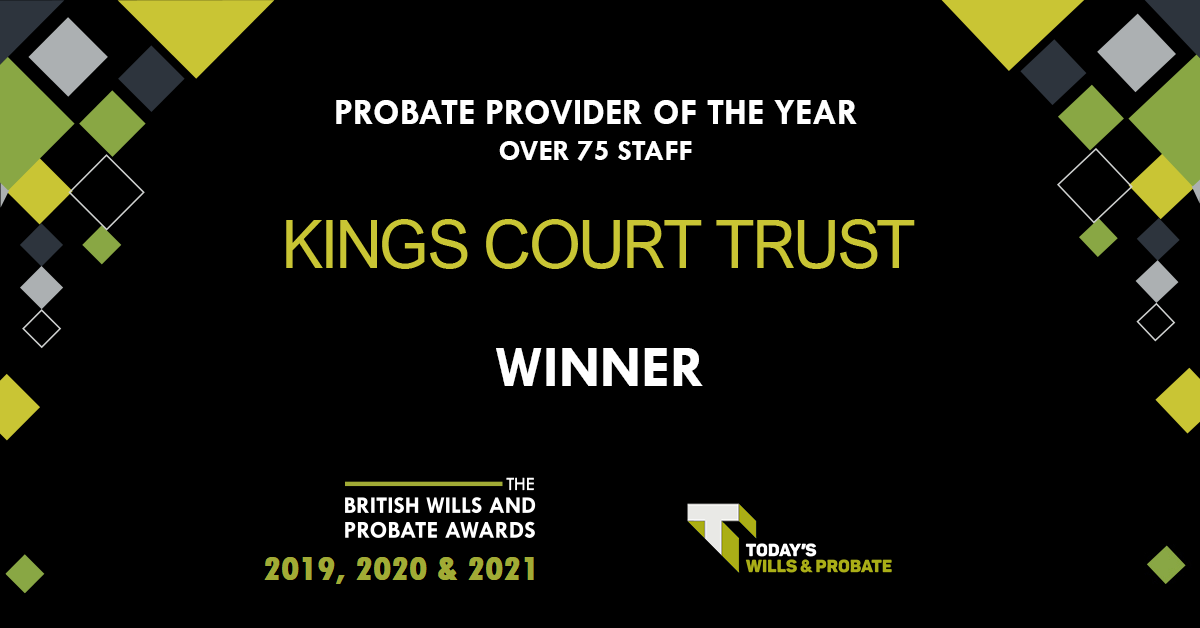The Centre for Death & Society (CDAS) was established in September 2005 and is based at the University of Bath, just up the hill from the Kings Court Trust (KCT) office. CDAS conducts internationally recognised research on the social aspects of death,dying, and bereavement and has a broad community of members and doctoral candidates.
Our Head of Legal Services, Andrea Pierce, was recently invited to give a talk as part of a CDAS seminar on the subject of Digital Assets. Andrea provided insight into the discussion from a legal and estate administration perspective and she was joined by two other speakers.
Dr Wendy Moncur is a Reader in Socio-Digital Interaction at the University of Dundee and gave an overview of her study into this potentially vast issue. Wendy talked about “Digital Ownership across Lifespans” and both the problems and opportunities faced when the creator of such content passes away. In particular, she highlighted the intellectual value of online assets such as blogs and how these can often have significant monetary value, particularly when converted into a physical asset, such as a book.
The third speaker was James Norris, the CEO and founder of the website www.deadsoci.al. Dead Social was set up to allow users to “self-manage” their social networks such as Facebook and Twitter after they die. It essentially acts as a calendar tool which post messages from the deceased, which they have written pre-death, to their friends via existing social media accounts. James talked about his desire to assist individuals in obtaining closure for their digital lives.
Challenges posed by digital assets in estate administration
The discussions which followed the talks highlighted the wide array of issues which surround the topic of digital assets and how little consistency there is in how they can be handled after death.
Andrea’s presentation went some way to emphasise the range of assets which may be encountered during the estate administration process, for example online gaming accounts, social media, digital content holders such as iTunes, Kindle, eBay, and also more specialist digital assets such as personal domain names and cloud storage.
Dealing with online possessions is perhaps the last thing one would consider when losing a loved one, and many are surprised at the difficulty and uncertainty experienced in attempting to deal with digital assets. However, in this age of rapidly changing technology and widespread use of the internet, the number of digital assets owned or used by the average person is increasing and therefore questions of how to deal with them upon death are becoming more common.
Here at Kings Court Trust we are increasingly experiencing the difficulty of dealing with such assets when someone passes away due to inconsistencies in the practices that providers have in place, or in some instances, the complete lack of any sort of protocol. The difficulty sometimes arises because whilst one has ownership rights over tangible assets (such as your physical CD and book collection) it is often the case that you only have rights to use (not actually own) certain digital assets.
Amazon and Apple currently give "non-transferable" rights for use of digital content. Amazon does not grant ownership rights to music or software and the technology giant, Apple, restricts the use of digital content solely to Apple devices used by the account holder.
Need for legislation
The Society of Trust and Estate Practitioners (STEP) has stated that they would like to take the lead on this important debate by documenting consistent and coherent principles applicable across all companies, formats and jurisdictions. The Mental Capacity SIG of STEP has created a Digital Assets working group to clarify the issues relating to the access, control & ownership of digital assets following the incapacity or death of the registered user.
STEP intends to create a best-practice template policy & protocol to be internationally and consistently adopted by online providers, to assist in the management of digital assets by fiduciaries. STEP will also consider the creation of draft legislation for adoption and harmonisation by state & national parliaments.
Until that time Kings Court Trust will continue to research the different approaches to dealing with digital assets for the estates that we handle, and hopefully the further that our lives move toward digital immersion the law will catch up and provide clear protocols for bereaved families and friends in order to best assist them in their time of need.
The seminar will soon be available online as a podcast from the CDAS website.





%20A4%20PNG.png?width=89&height=118&name=AGFD%20Logo%20%2B%20(R)%20A4%20PNG.png)

